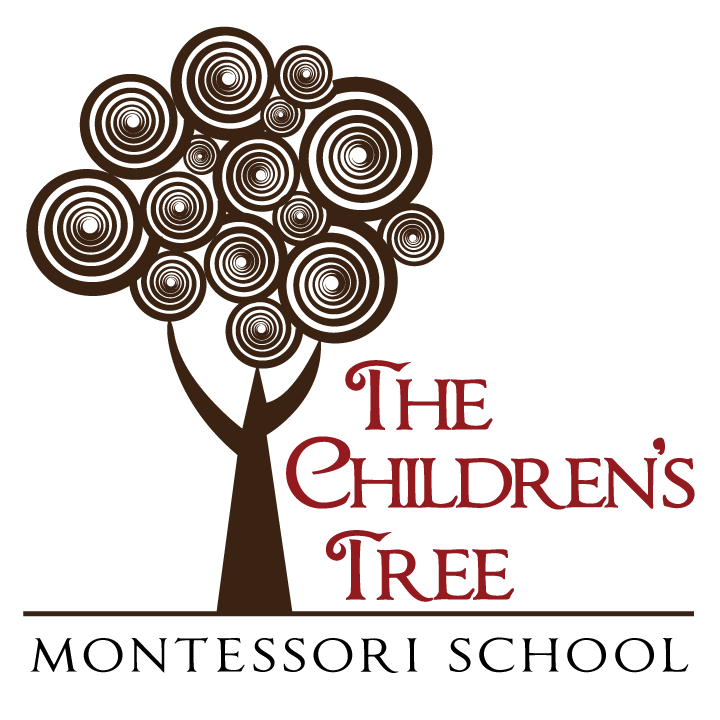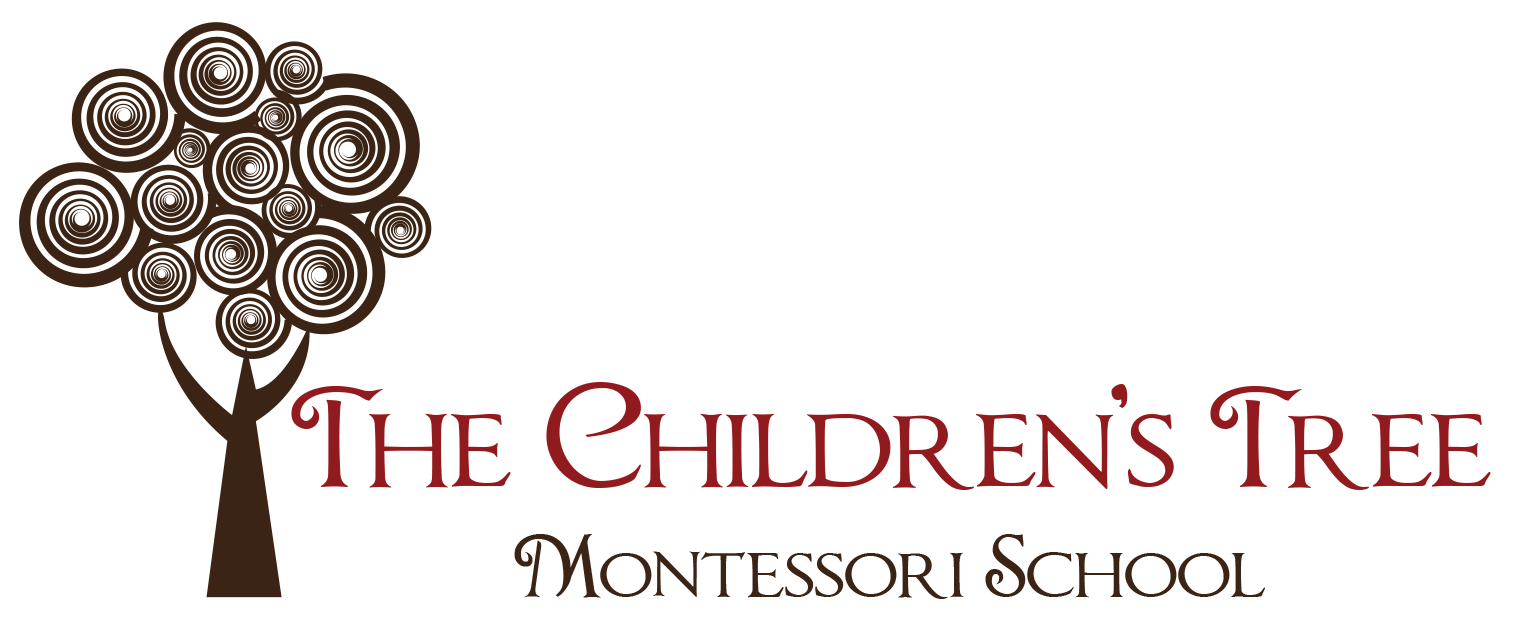Elementary Social Sciences
Montessori is based on respect for fellow human beings, the child, her parents, the teacher, her classmates, and the world. We want to teach children to extend the same respect back in return.
History
The elementary aged child has acquired a wonderful ability to reason and imagine. We believe that this combination of intellectual abilities allows the child to explore integrated knowledge from all directions, through all disciplines. Concepts are presented in a Montessori classroom beginning from the global and historical and working toward the local and present day.
Geography
The Cultural activities open the child’s eyes to the dynamic and diverse world around them. Cultural studies are the window to the world. They are the keys to the environment.
The Cabinet of the World Parts is used by the child to label the major geographic and political world parts. The child places labeled pin flags of different colors in holes on the maps identifying the major features of each continent, green for countries, red for cities, blue for water, yellow for mountains, and white for islands.
Peace Studies
Cultural activities connect children to the humanity, struggles, and achievements of other peoples. By celebrating other traditions with food, music, and stories, children will begin to see the uniqueness of other cultures, yet come to understand how much people have in common.
Through books and special interests the children decide how they would like to help others in our community and around the world. They recycle bottles, collect donations, and host bake sales to raise funds for causes that are close to their heart.
Foreign Language Instruction
The Children’s Tree Montessori School has developed its own foreign language program modeled on the phonetic approach of the Montessori method. After a year or two of the phonetics program, the students are ready for beginning conversational speaking and more advanced grammar.
PROGRAMS
Privacy Policy | Accessibility
The Children's Tree Montessori School

